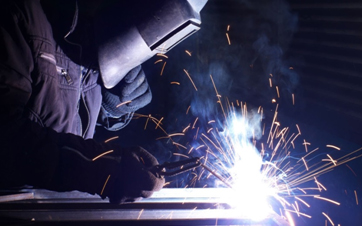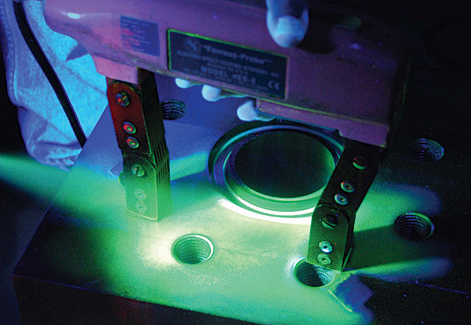
Magnetic particle testing or MPT is a non-destructive testing method for locating surface and near surface discontinuities in ferromagnetic materials. The process puts a magnetic field into the part. The presence of a surface or subsurface discontinuity in the material allows the magnetic flux to leak;ferrous iron particles are then applied to the part. If an area of flux leakage is present, the particles will be attracted to this area.
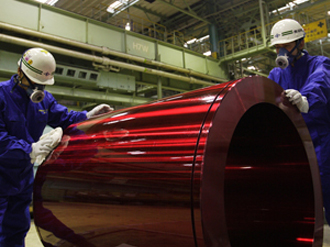
LPT is based upon capillary action, where low surface tension fluid penetrates into clean and dry surface-breaking discontinuities. Penetrant may be applied to the test component by dipping, spraying, or brushing. After adequate penetration time has been allowed, the excess penetrant is removed and a developer is applied. The developer helps to draw penetrant out of the flaw so that an invisible indication becomes visible to the inspector. Inspection is performed under ultraviolet or white light, depending on the type of dye used - fluorescent or non-fluorescent (visible)

Ultrasonic testing (UT) is a family of non-destructive testing techniques based on the propagation ofultrasonic waves in the object or material tested. In most common UT applications, very short ultrasonic pulse-waves with canter frequencies ranging from 0.1-15 MHz, and occasionally up to 50 MHz, are transmitted into materials to detect internal flaws or to characterize materials.It is used in many industries including steel and aluminium construction, metallurgy, manufacturing, aerospace and transportation sector.
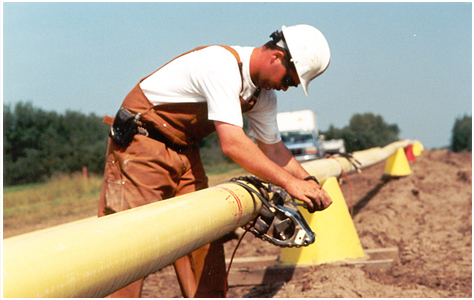
Radiographic Testing is a non-destructive testing method of inspecting materials for hidden flaws by using the ability of short wavelength electromagnetic radiation to penetrate various materials.There are many advantages to radiography including: inspection of a wide variety of material types with varying density, ability to inspect assembled components, minimum surface preparation required, sensitivity to changes in thickness corrosion, voids, cracks and material density changes, the ability to detect both surface and subsurface defects and the ability to provide a permanent record of the inspection.
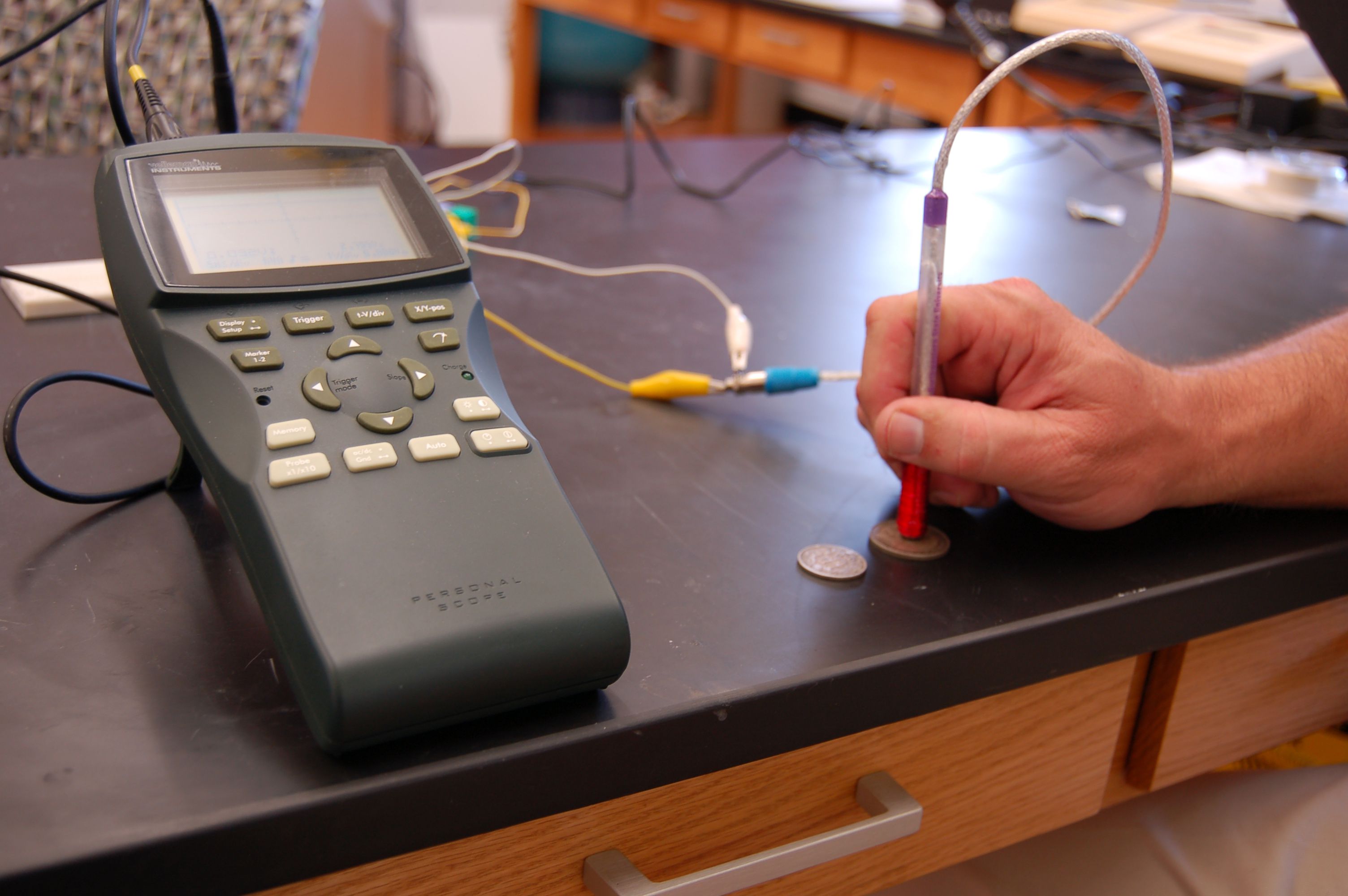
Eddy current testing is one of many electromagnetic testing methods used in non-destructive testing, making use of electromagnetic induction to detect and characterize surface and sub-surface flaws in conductive materials.ECT finds applications in both tubing and surface applications.
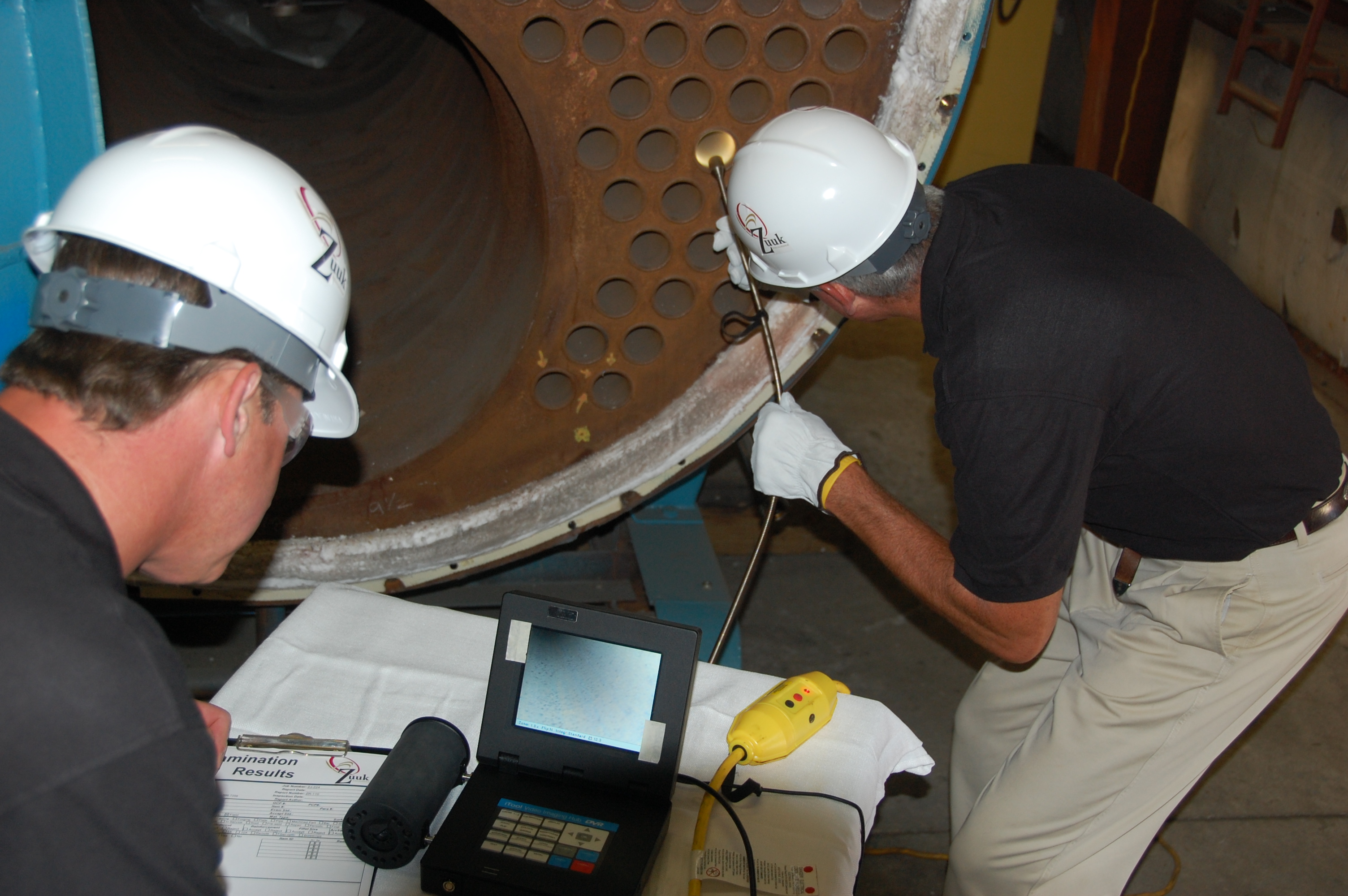
Visual inspection is a common method of quality control. Visual Inspection, used in maintenance of facilities, mean inspection of equipment and structures using either or all of raw human senses such as vision, hearing, touch and smell and any non-specialized inspection equipment.The Metal Safety NDT Service’s engineers and technicians have the training and experience to perform accurate visual tests to identify various types of discontinuities.
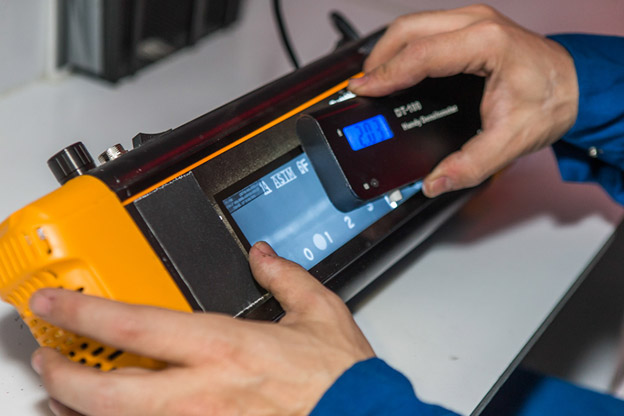
Interpretation of radiograph is the analysis of the shadow image formed on the film by radiation transmission pattern of the test specimen. The image is evaluated in terms of internal and external discontinuities of the specimen. Supporting information such as radiography test parameters, part geometry etc. and good knowledge about metallurgy, manufacturing process and flaw detection capability of radiographic technique is required for proper interpretation.
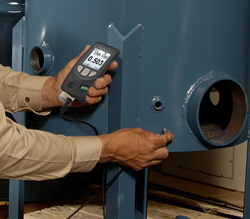
UTM is a method of performing non-destructive measurement (gauging) of the local thickness of a solid element typically made of metal. UTM is frequently used to monitor metal thickness or weld quality in industrial settings. NDE Technicians equipped with portable UTM probes reach steel plating in sides, tanks, decks and the superstructure
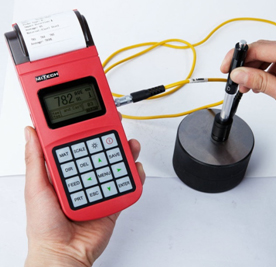
Hardness testing is the analysis of a material to establish its resistance to indentation, by measuring the depth and dimensions of indentation. The Metal Safety hardness testing services, useful in determining mechanical characteristics of metals, alloys, plastics, rubbers, and other materials. Hardness testing provides economical and efficient quality verifications of raw and manufactured materials
Metal Safety Engineering Pvt Ltd. Provides inspection ranges from: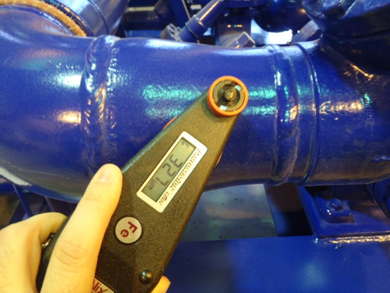
The corrosion of machinery and structures leads to a loss of functionality and structural integrity, which can be both dangerous and costly for a company. The Metal Safety NDT Training Service in Mumbai specialise in providing quality control inspection of the preparation and painting process on behalf of clients, within a number of different industry sectors, including rail, gas and oil, highways, local authority, renewable energy, and marine.
Painting Inspection typically involve following steps:
We are able to carry out inspections of your facilities, equipment and products, and audits of your systems and processes against practically any referential, on a local or worldwide basis. In a number of cases, inspections and audits will ultimately enable us to grant a certification to your organisation.
Source inspections are tailored to meet a specific need and may include:The Metal Safety’s Welding Consultation serves numerous fabrication, manufacturing, construction, major oil companies, sub-sea and well control equipment manufacturers and engineering organizations.
We, NDT Training Service in Mumbai assist you and your employees to document welding procedures to meet code specifications and any of your customers or clients requirement.
We can guide and assist you through testing and inspection requirements, and provide